What is a Caregiver?
The caregiver is an integral part of the cancer care team serving as an advocate, friend, and loved one to the patient.
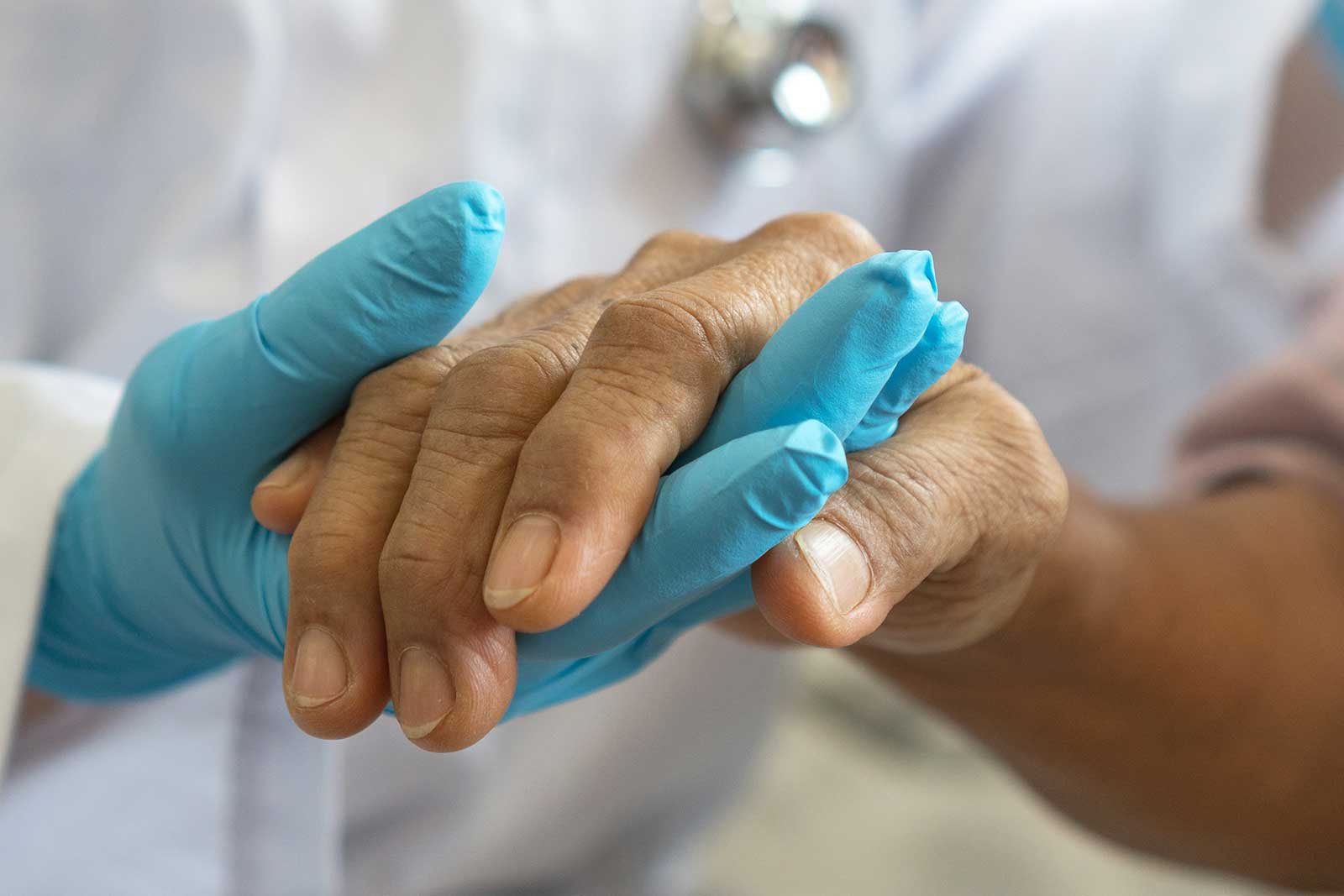
As a caregiver, you influence how a patient deals with their illness. Your support helps the patient continue with the possibility of a demanding treatment plan and take steps to get well, such as eating healthy meals and getting enough rest.
View Treatment InformationCaregiver’s Role During Cancer Treatment
Caregivers are often responsible for keeping track of prescriptions, planning for upcoming tests, and keeping doctors aware of any issues. Caregivers may also help loved ones with daily activities such as driving to appointments, picking up medicines, cooking meals, or doing chores.
Helpful resources for caregivers:
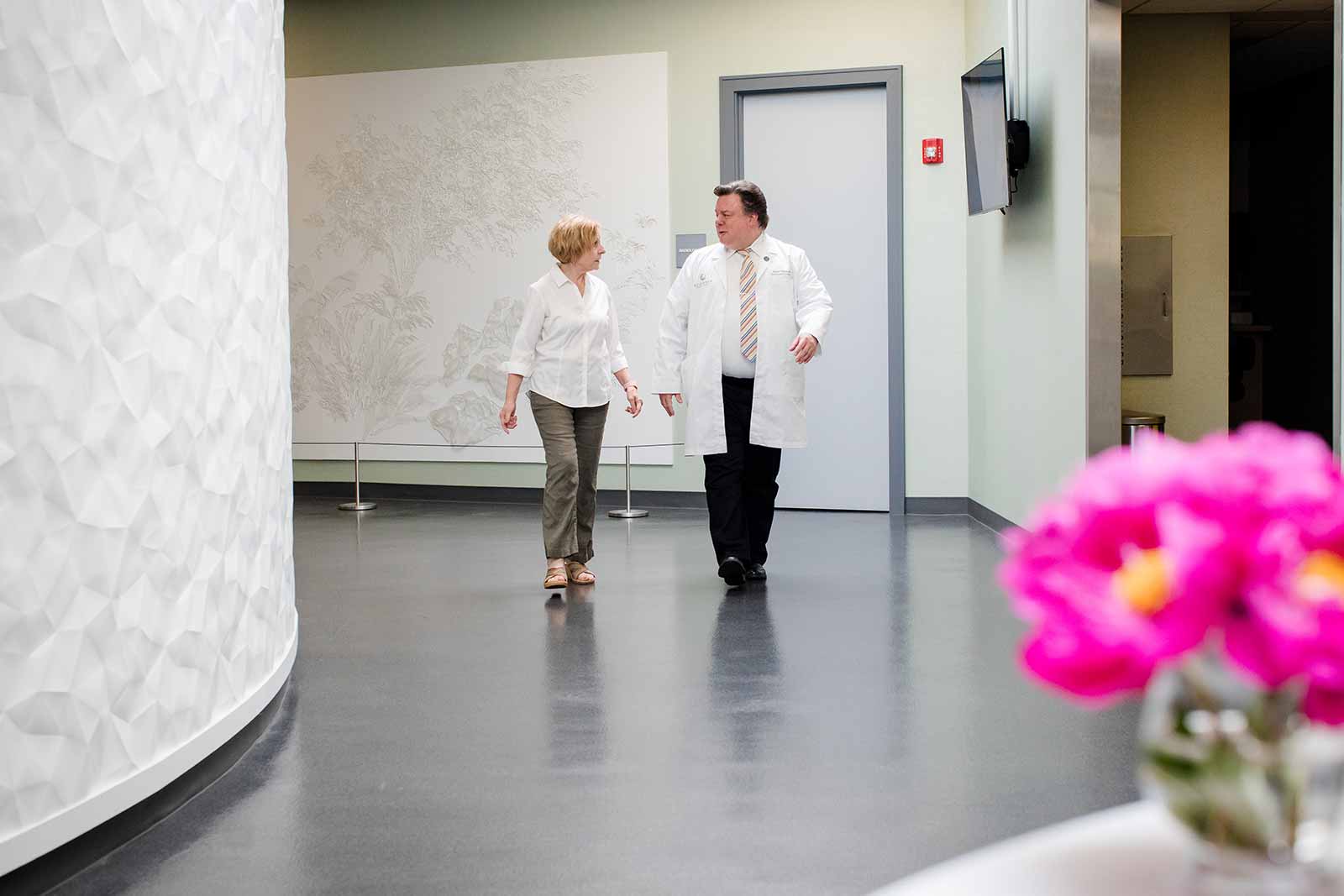

When facing a cancer diagnosis, understanding, and navigating the health care system can be challenging. Find helpful resources for navigating health insurance coverage so you can focus on what matters most.
Navigating Insurance CoverageResources and Support for Cancer Caregivers
Just as patients experience challenges throughout their journey, caregivers also experience emotional, physical, and mental stress. Caregivers are often untrained for their new responsibilities and are typically the lifeline of the person with cancer.
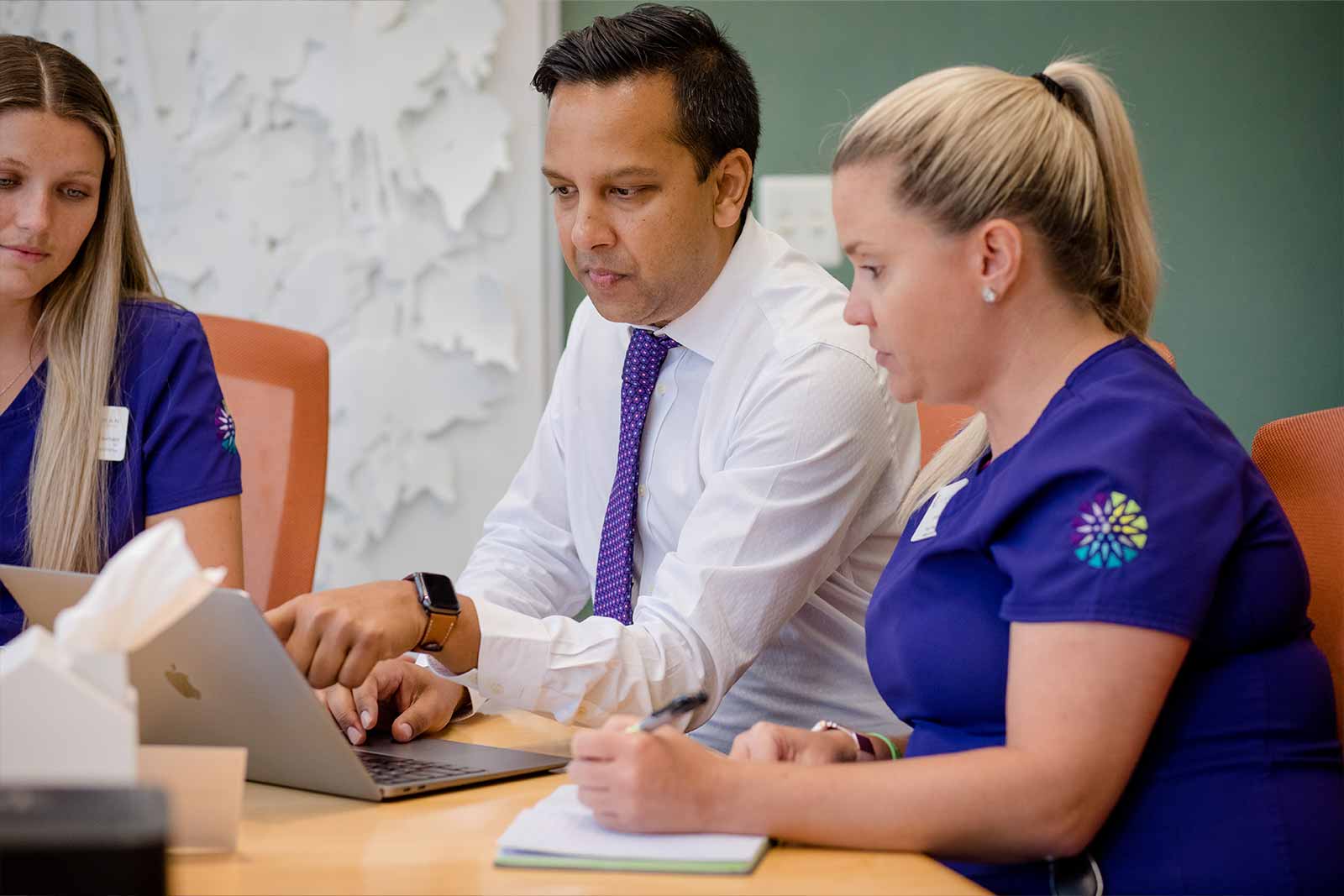
The American Cancer Society’s online interactive guide may help caregivers answer the big questions so they can understand what their loved one is experiencing.
Additional resources for caregivers:
Pediatric Caregiver Resources
The American Cancer Society offers several resources for families who are supporting a child with pediatric cancer. Resources address difficult topics like coping with the news of a diagnosis, helping siblings adjust to a new environment, and navigating the health care system when caring for a child.
Resources are available below:
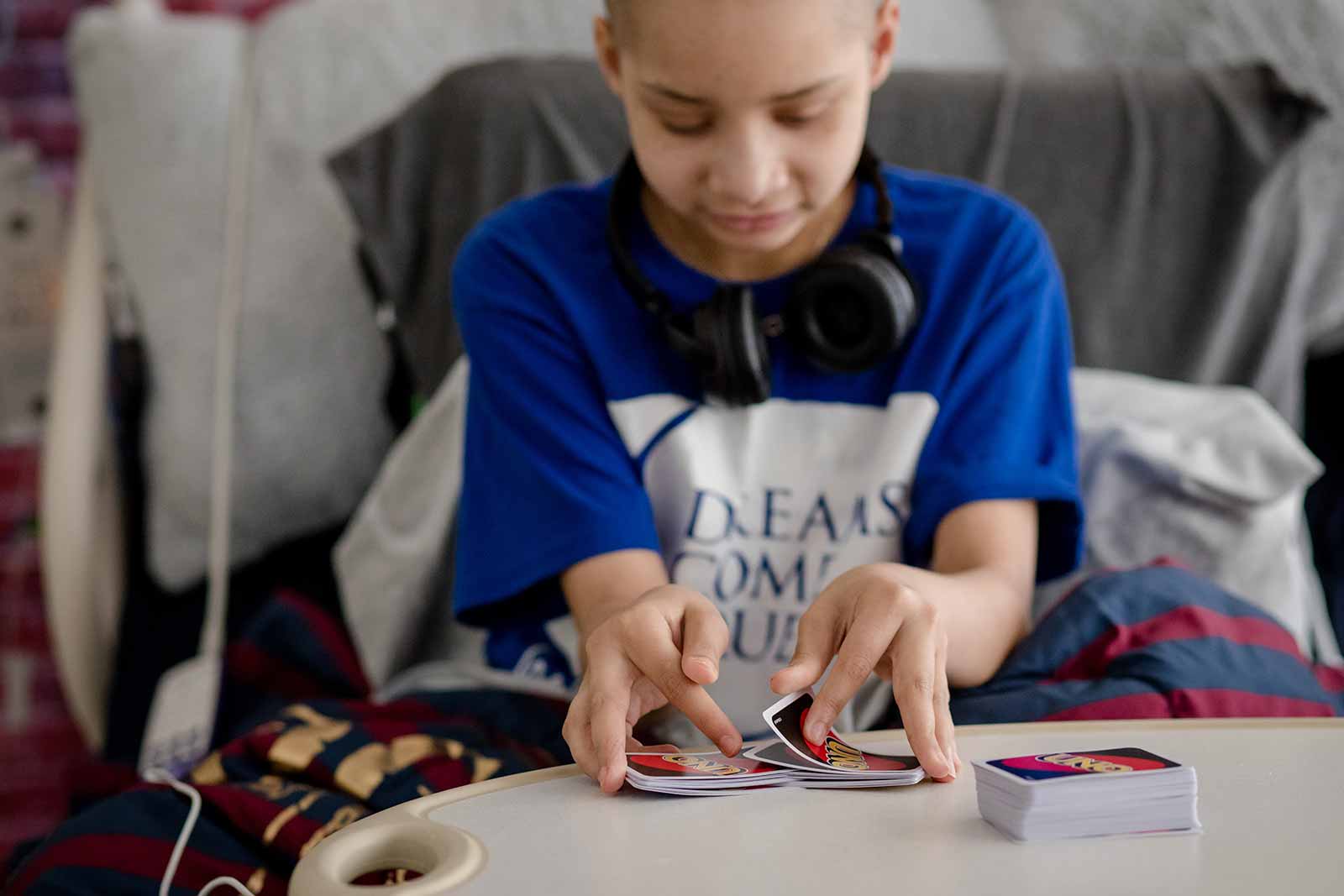
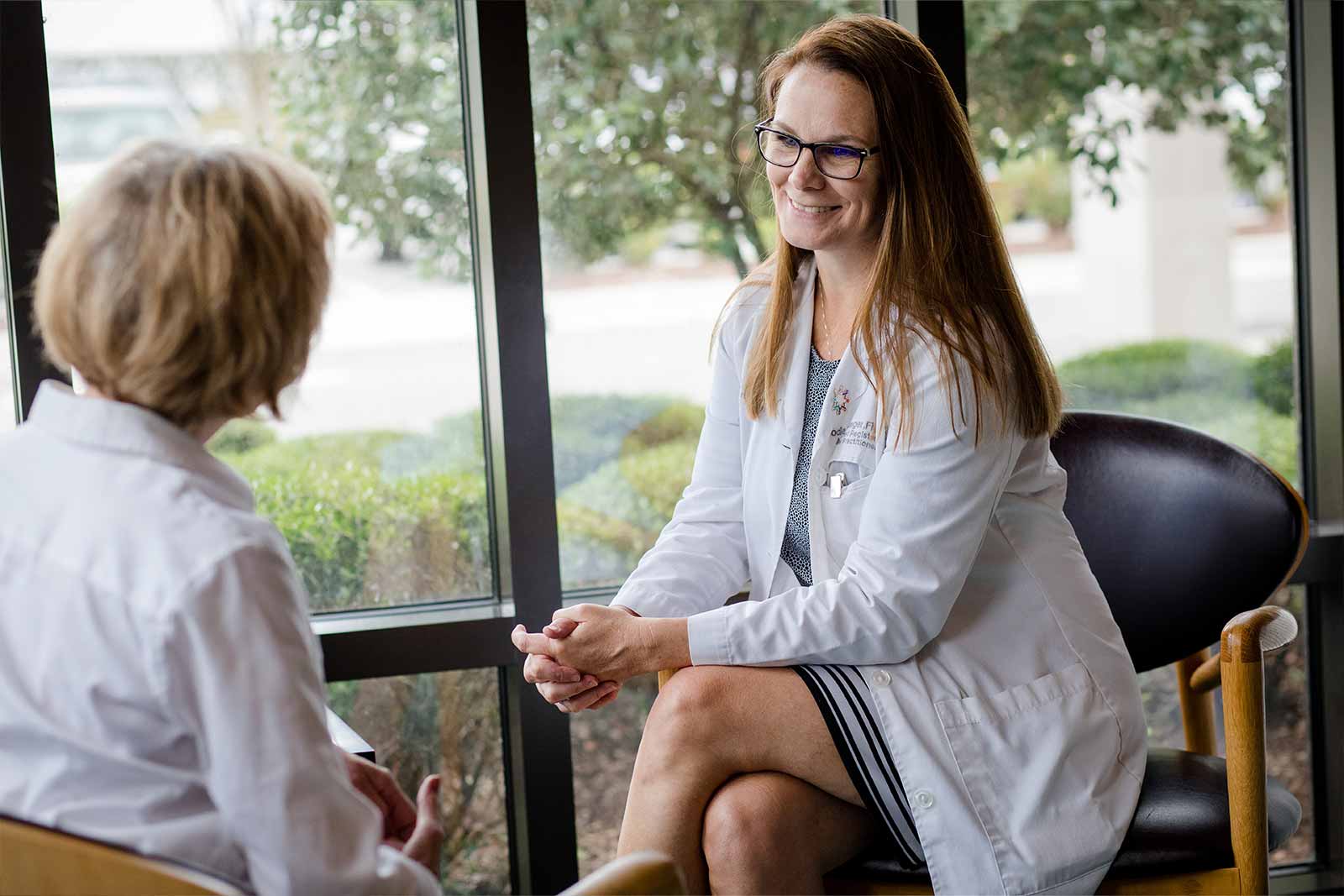
Communicating with the Health Care Team
Many cancer patients need help talking with their care providers due to age or illness. Sometimes it’s because of age or because of illness. In these cases, the caregiver steps in to help by listening, asking questions, and updating the team on how the patient is doing. Here are some simple steps caregivers can take to effectively have these vital conversations:
Maintain notes of your appointments from the beginning. Treatment can be overwhelming, so keeping a record of what you’ve been told can help eliminate miscommunication and keep you focused.
Ask questions. It’s the health care team’s job to help patients and loved ones understand the condition, its treatment, and potential side effects.
Don’t expect yourself to remember every question you have for the doctor. Write questions in a notebook and bring them to the appointments.
Use that same notebook to take notes during the appointment. It will be easier to reference these notes as questions arise.
Importance Of Self-Care for Caregivers
Being a caregiver can be exhausting. It is important that caregivers also take care of their own physical and mental health.

Stress from this demanding role can cause health problems, including insomnia, appetite changes, and feelings of anxiety, depression, or loneliness. You are not alone. About half of all caregivers don’t get enough continuous sleep, making them feel tired, and leading to poor quality of life. It’s important you take care of your physical, mental, and emotional health. Visit Healthier You for ways to take care of yourself during this difficult time.
Visit Healthier YouWays to Stay Mentally and Emotionally Healthy
- Feeling overwhelmed? Try to arrange for respite care. Respite care is temporary care for a person who is unable to care for themself and allows the person’s usual caregivers to have a break. Ask your loved one’s health care team about community resources if you are having difficulty finding respite care.
- If your loved one is facing a cancer diagnosis, connecting with others can provide support and comfort. Reach out to family members, friends, those who share your faith, or a support group for emotional support.
- Stay active. Regular physical activity can lower your risk for depression.
- Many caregivers provide financial support, reduce their work hours, or even quit their job to care for their loved ones. Resources are listed below that may provide assistance.
Source: https://www.cdc.gov/cancer/survivors/caregivers/caring-for-yourself.htm
Publication: https://www.cancer.gov/publications/patient-education/caring-for-the-caregiver
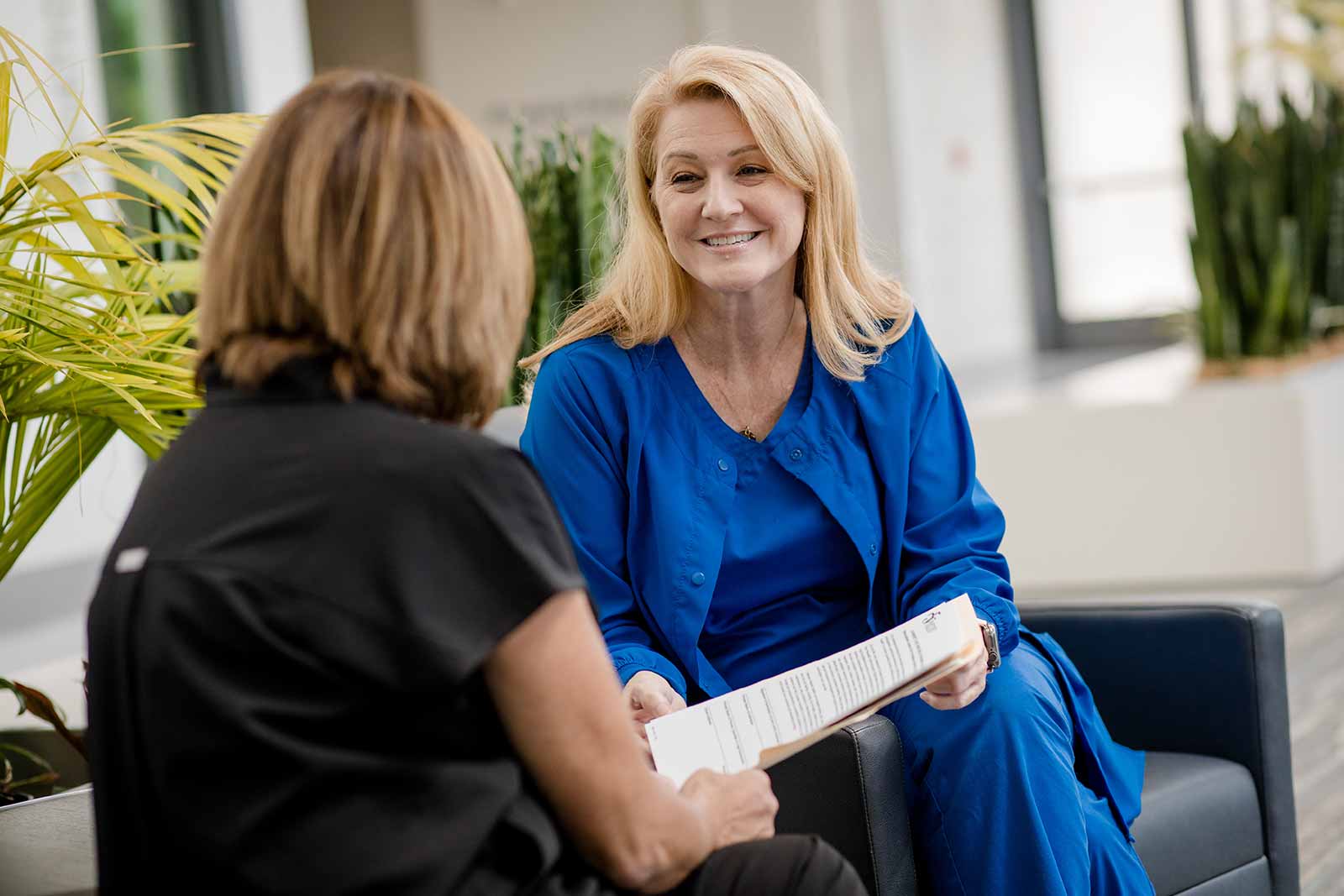
Transitioning from the Caregiver Role and into Survivorship
Your loved one may need assistance as they recover from treatment.
 Survivorship can be a difficult time, too. Treatment offers a clear goal and an end date. Without this structure, you and your loved one may feel lost. Remember to take things one day at a time as both you and your loved one begin this transition.
Survivorship can be a difficult time, too. Treatment offers a clear goal and an end date. Without this structure, you and your loved one may feel lost. Remember to take things one day at a time as both you and your loved one begin this transition.
Transitioning out of the caregiver role can be a gradual process. Talk to your loved one about what they need and how you can help. If your loved one is able to take on a more independent role, be supportive and encourage them to do so. Keep the lines of communication open.
After cancer treatment ends, there are many ways to support your loved one during survivorship. For example, you can:
- Learn about the possible late side effects of treatment and watch for them.
- Join them during follow-up appointments and scans.
- Help them collect medical records as they transition back to their primary care doctor and from an oncology team.
- Offer emotional support.
- Create a survivorship care plan with members of the health care team and your loved one. The plan should include:
- Summary of diagnosis and treatment.
- Responsibilities of all members of the health care team.
- Plan for follow-up care, a screening/testing schedule, and side-effect management.